Building Your Relationship With Your Child (And Why It Really Matters!)
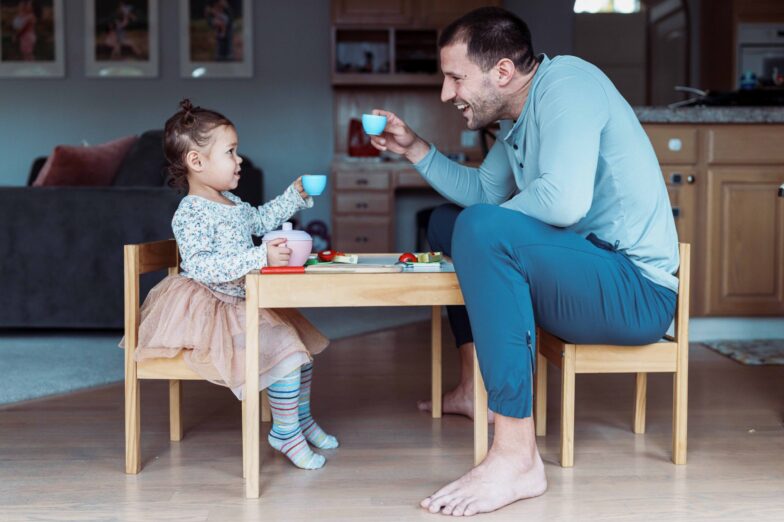
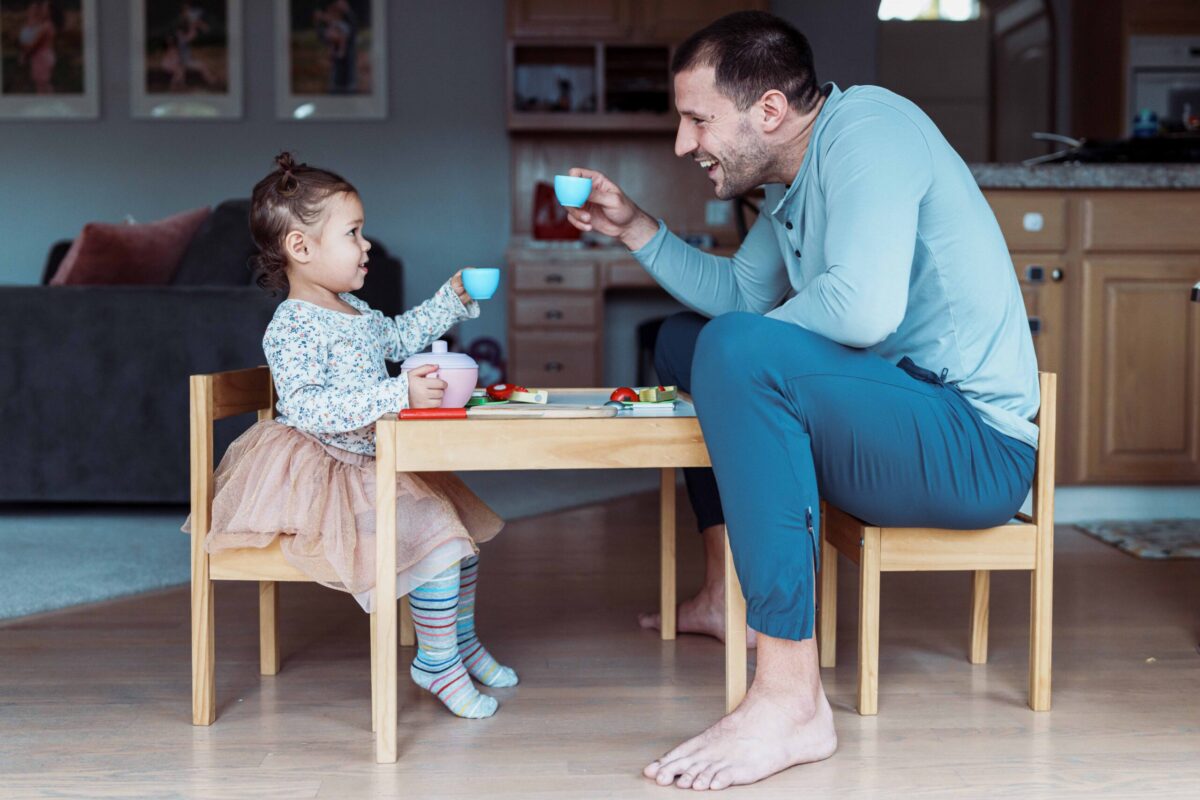
Article written by Dr Kaylene Henderson for OAC following the webinar of the same name, July 2023
We’ve all heard the comment, ‘the struggle is real’.
Well, recently a friend shared her own version that I’m sure, like me, all parents can relate to… ‘The juggle is real’.
Life just seems so busy. In amongst the daily rush, it can be easy to get caught up in small, challenging moments with our children and to lose sight of the bigger parenting goal. Ultimately, we all want to bring out the best in our children; to help them reach their full potential in life.
Thankfully, the key to laying this healthy foundation isn’t time-consuming or expensive (phew!). It’s simply to strengthen our relationships with our children by responding to their needs and sharing moments of connection while we’re together.
Research tells us that when we get this foundation right, our children experience a whole range of short and long term benefits.
Benefits of secure parent-child relationships:
- Greater self-esteem
- Better capacity to self regulate
- Improved relationships with others
- Greater resilience
- Improved behaviour, and
- Better learning, academic outcomes and enhanced school readiness
But here comes the disclaimer. You see, based on differences in our own upbringing, we often have differing expectations and approaches when it comes to parenting. The strategies featured in our parenting ‘autopilot’ might differ from those supported by research.
As a result, it’s worth checking in with the types of helpful approaches that benefit our kids, so that we can tweak our current strategies if needed.
Tips for building and strengthening our connections with your children:
- Show delight using non-verbal cues, such as your eye contact, attention, facial expression and body language
- Help your children ‘just enough’ in social situations and with practical tasks
- Provide comfort when your child is upset or seeking extra connection from you
- Be present and curious; talk together and be sure to really listen
- See the good in your children
- Touch, laugh and have fun together
- Be a good role-model
- Align together against challenges
- Take time to reflect and learn in your important role
Of course, if you’re finding that anxiety, depression, other health problems, relationship difficulties, addictions (including to phones and social media), financial strain or other stressful life events are affecting your capacity to have this kind of relationship with your children, then don’t hesitate to ask for help (honestly, when you do, everyone wins!).
Yes, the juggle is real. But rather than wait until the busyness of this life stage eases (spoiler alert: it doesn’t!), we simply need to direct our attention to what really matters. And that is, making the most of time we have with our little ones and ensuring we’re mentally present and responsive to their needs. It doesn’t take more time, nor does it cost more money. Yet by simply focusing on meeting our children’s relationship needs in these ways, we can be sure we’re providing them with benefits that will last throughout their lives.
While they might feel unfamiliar at first, in time, these approaches will start to feel like second-nature, incorporated within your new and improved parenting ‘autopilot’. It’s truly never too late to start having the kind of relationship your children need in order to reach their full potential in life. You’ve got this.
Dr Kaylene Henderson is a highly trained, Infant, Child and Adolescent Psychiatrist, one of Australia’s leading parenting experts and a grateful mother of three. She is also a trusted professional development provider for the early childhood education sector and a sought after media contributor and conference speaker.
In her warm and relatable style, Kaylene shares practical, research based advice with parents and professionals alike in the hope that together, we can bring out the best in the children for whom we all care.
For more great reading:
Settling Into Childcare/Transitioning Rooms
Only About Children can help your child to grow, make friends and explore the world.
Only About Children can help your child to grow, make friends and explore the world.
Related Reads
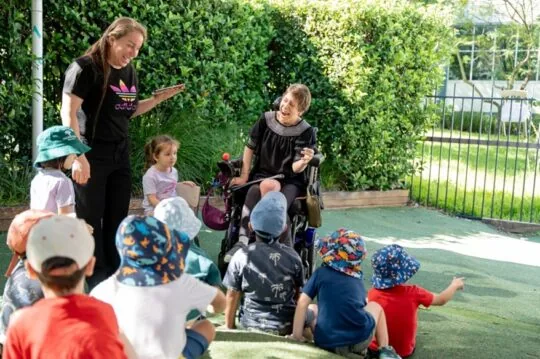
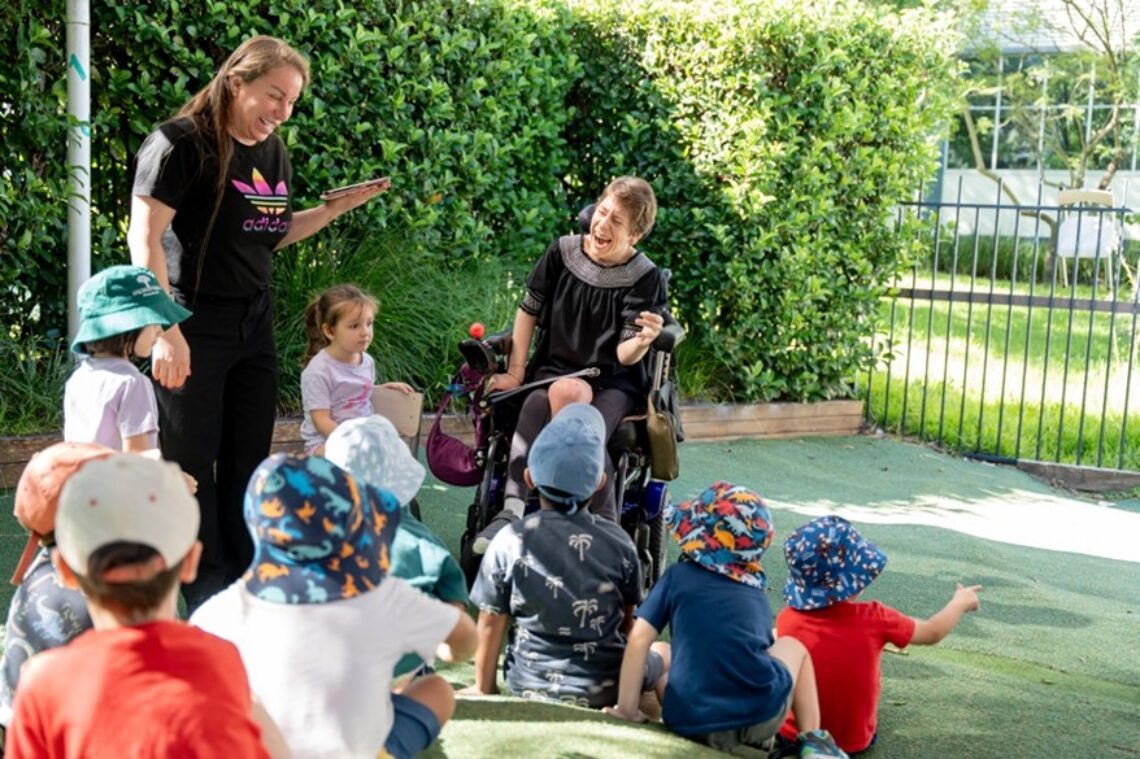
Bec Celebrates 10 Years Working In Her Dream Job At OAC Concord
Rebecca Donatiello (Bec) celebrates 10 years working and learning at Only About Children Concord.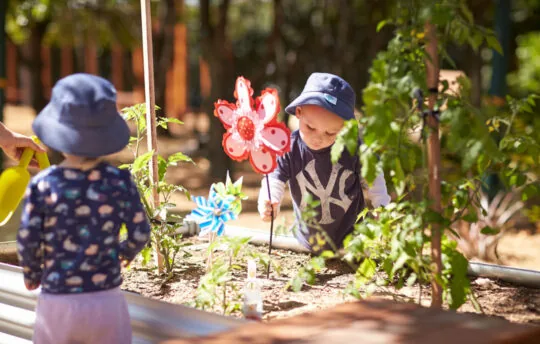

Choosing The Right Preschool/Kindergarten For Your Child
Choosing the right Preschool/Kindergarten for you child can be a daunting task. When exploring the ideal preschool choices for your child, there is no need to navigate blindly. Simply by asking the right questions, you can find the perfect match.
